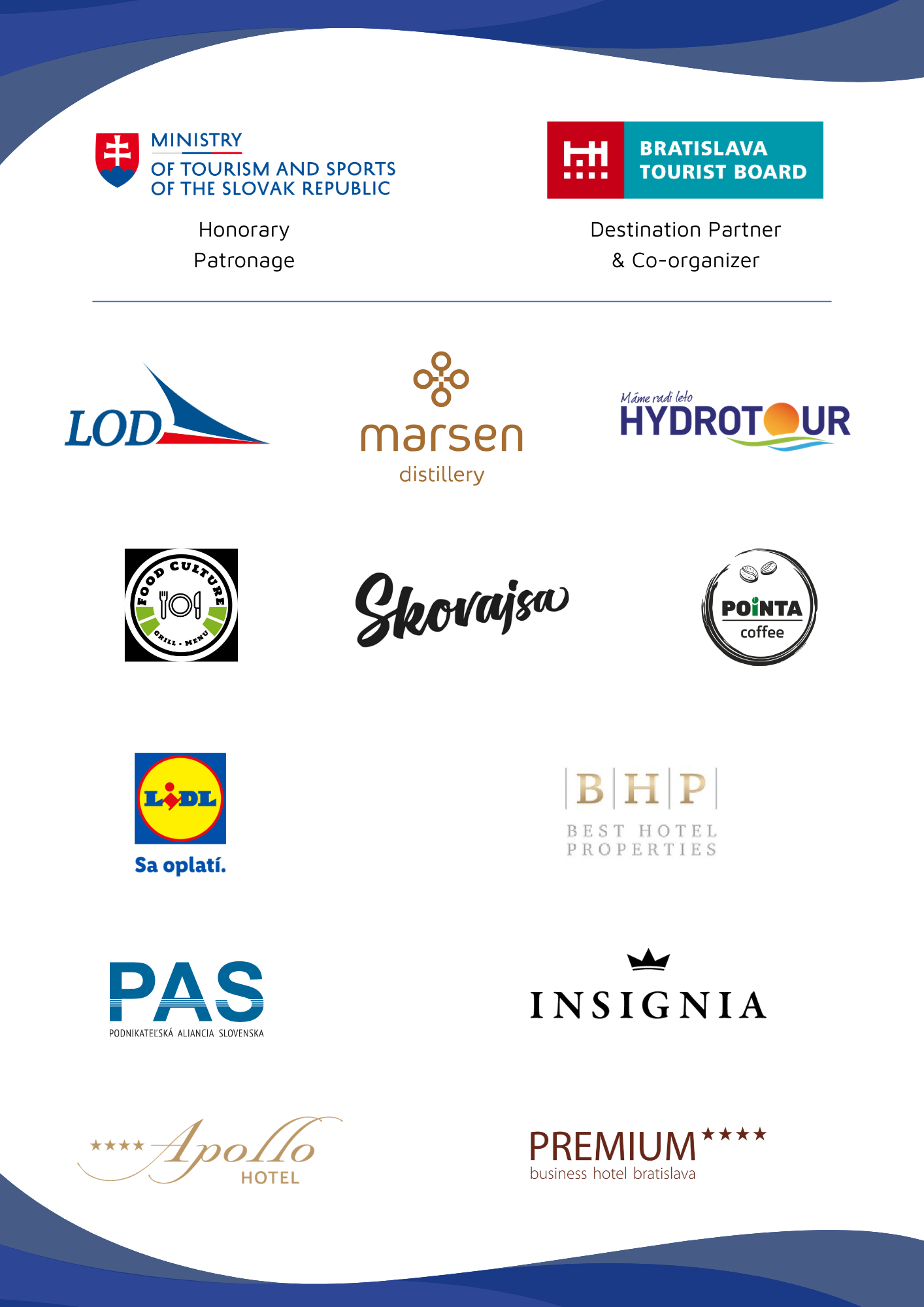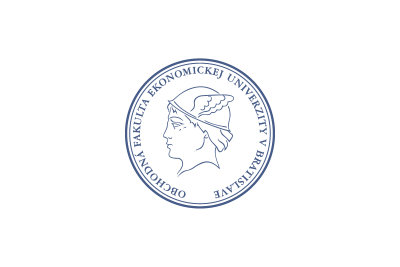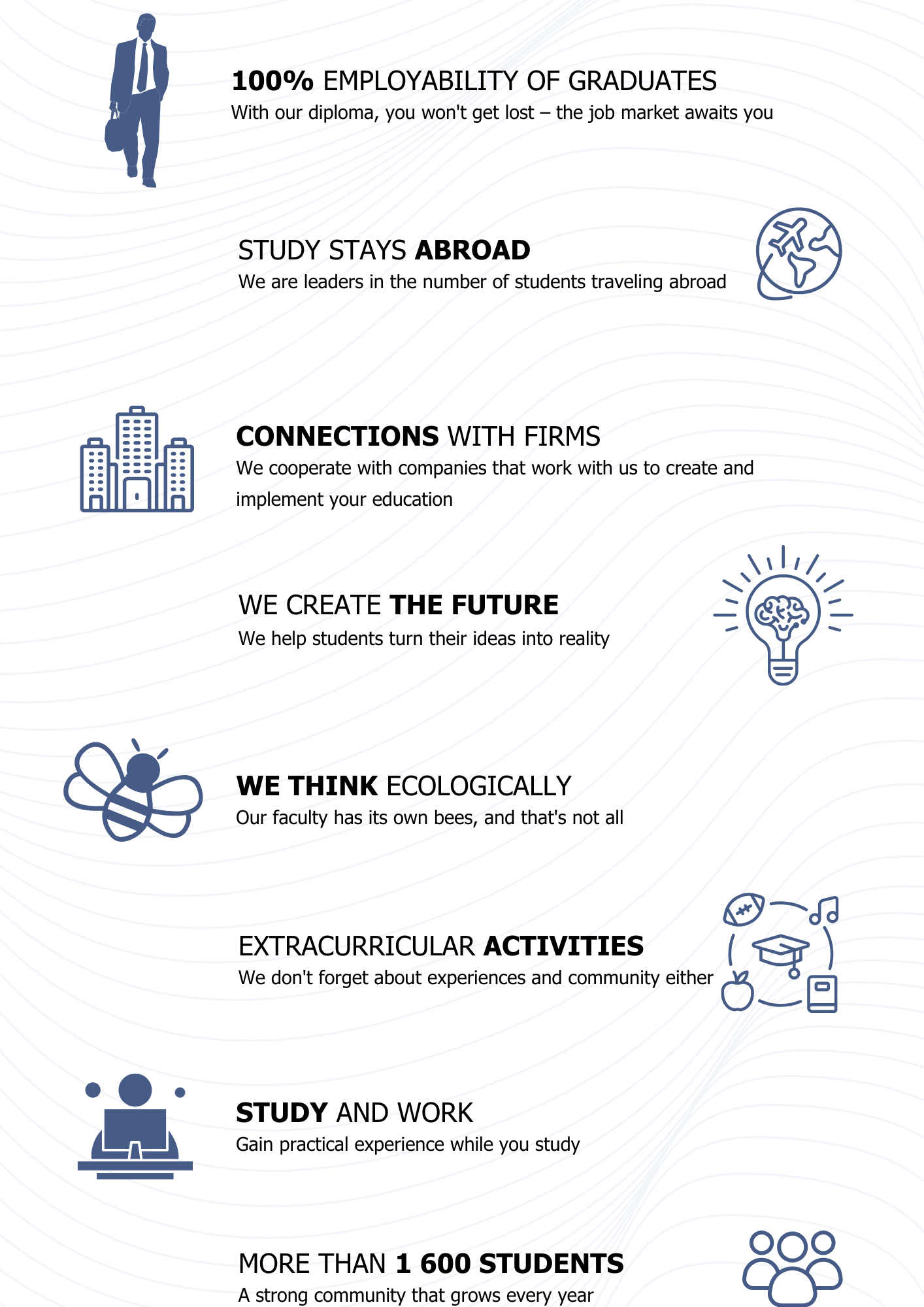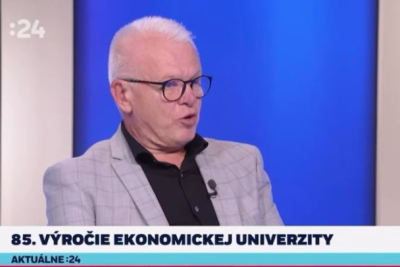Do not hesitate and take advantage of the opportunity to participate in an Erasmus+ internship. Application deadline: 15 December 2025.
Dear students,
we announce results of the selection procedure for Erasmus+ study for the academic year 2026/2027 - ranking of nominated students

The journey takes 5 minutes by bus No. 68 (from bus stop Starohájska to bus stop Ekonomická univerzita).
- students: €15.00/night + €3.00 city tax/night
- foreigners over 26 years old, non-students: €26.00/night + €3.00 city tax/night
The discounts mentioned are a limited time offer, subject to actual availability.
Applications for Master’s Programmes in English are open until the end of February
Do not hesitate and take advantage of the opportunity to participate in an Erasmus+ internship. Application deadline: 15 February 2026.
Don’t miss the chance and opportunity offered by the Erasmus+ programme! Apply for an Erasmus+ study mobility by 13 February 2026.
International Office at the EUBA announces a new call for the academic year 2025/2026 for Study mobility under Erasmus+ Programme outside Europe with grant and Study Mobility at the Partner Universities without grant.
Be part of an international project called Central Europe Connect, which has so far been successfully completed by almost 700 students! Apply until December 15, 2025.
The Department of Marketing at the Faculty of Commerce of the Bratislava University of Economics and Business is one of the academic institutions that have been given the opportunity to participate in a research project entitled Academic Experience, Technology, and Employment. The main researchers of the project are Dr. Marta N. Lukacovic, Associate Professor and Graduate Program Coordinator, Department of Communication and Mass Media, Angelo State University, USA, and Dr. Deborah D. Sellnow-Richmond, Associate Professor and Director of Graduate Program, Department of Applied Communication Studies, Southern Illinois University Edwardsville, USA.
V rozhovore rektor EUBA prof. Ferdinand Daňo pripomína cestu univerzity od jej založenia až po dnešok. Hovorí o hodnotách, na ktorých bola postavená, o významných absolventoch, ktorí formovali spoločnosť — napríklad všetci guvernéri Národnej banky Slovenska sú hrdými absolventmi našej univerzity.





































